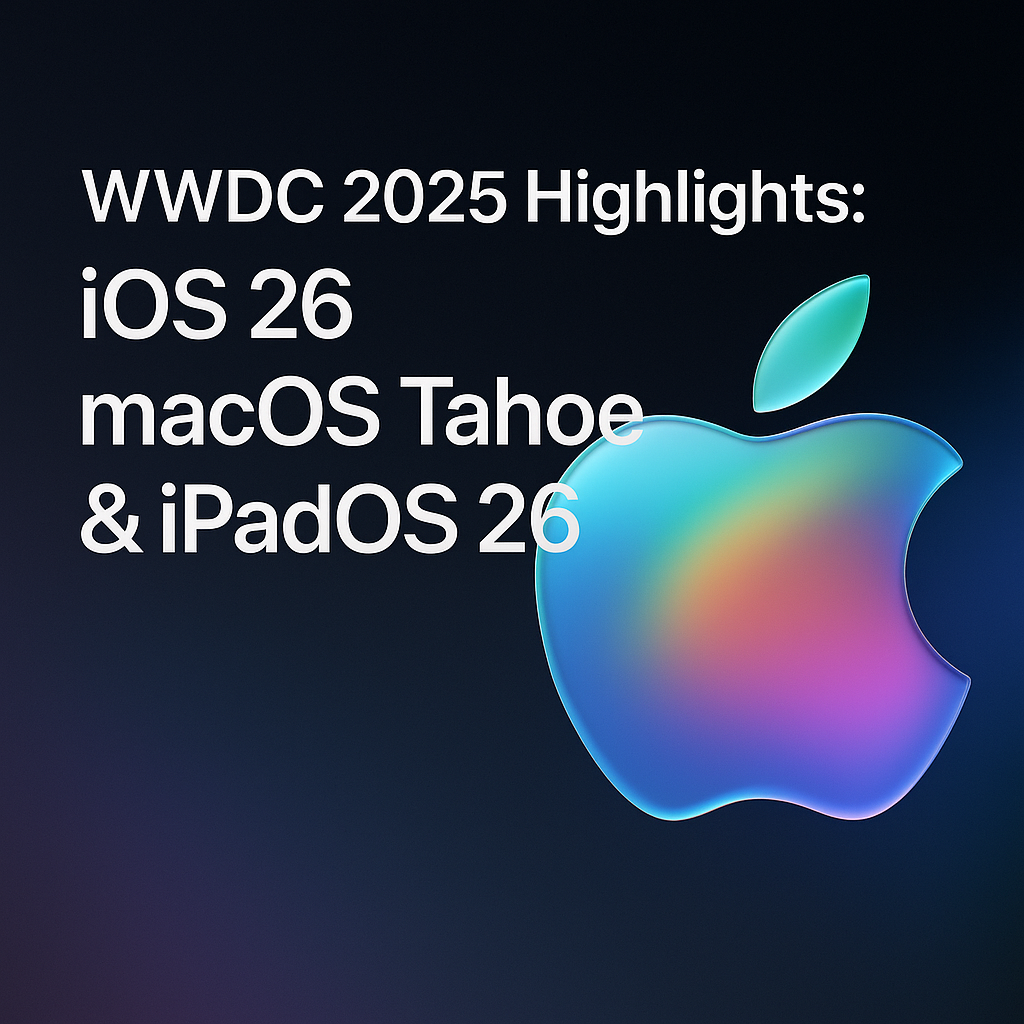Learn how social media platforms are intensifying efforts to combat misinformation in the lead-up to the 2020 election.
Learn how social media platforms are intensifying efforts to combat misinformation in the lead-up to the 2020 election.
As the 2020 election approaches, social media platforms are ramping up their efforts to crack down on misinformation in an attempt to ensure a fair and accurate electoral process. With the prevalence of viral content and fake news spreading rapidly online, companies like Facebook, Twitter, and YouTube are implementing new policies and tools to combat the spread of false information.
While the crackdown on misinformation is a positive step towards ensuring the integrity of the electoral process, there are also concerns about the potential impact on freedom of speech and censorship. Balancing the need for accurate information with the right to express opinions is a delicate challenge for social media companies.
Recently, Twitter labeled several tweets from political figures as \'misleading\' and restricted their reach to prevent the spread of false information. This move sparked debate about the role of online platforms in regulating content and influencing public discourse.
In a recent development, Facebook announced that it would ban all political ads in the week before the 2020 election to curb the spread of misinformation and ensure a fair voting process. This decision has garnered mixed reactions from political campaigners and analysts.
Like
Dislike
Love
Angry
Sad
Funny
Wow
California Bar Introduces Privacy Law Specialization to Meet Digital Era Demands
June 22, 2025Collagen Supplements Boom: Do They Really Improve Skin and Hair Health?
March 15, 2025Twitter Rolls Out New Feature Allowing Users to Tip Influencers Directly
April 08, 2025







Comments 0